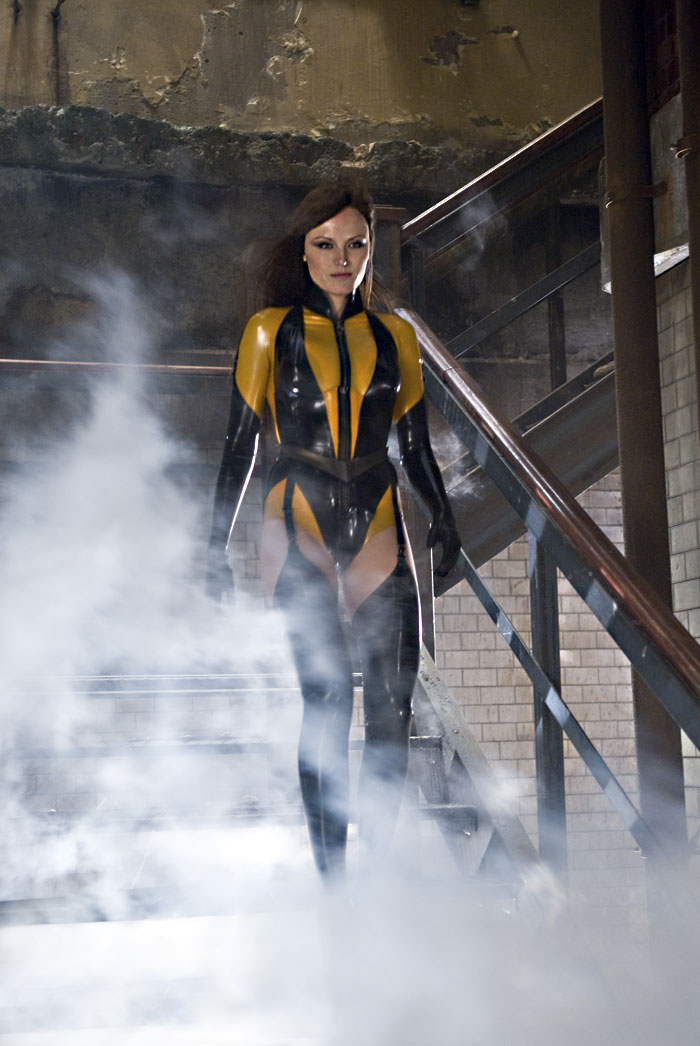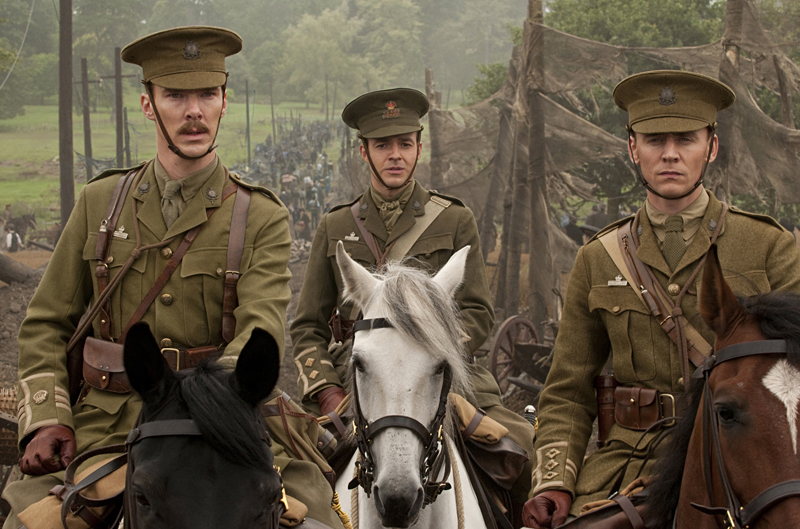Filming the most ambitious superhero comic book ever written, director Zack Snyder has managed to address the cult while pandering to the masses. The master of the vid-game aesthetic has successfully streamlined Alan Moore’s 12-part graphic novel and made it commercially viable, even at a running time that nears three hours. In its movie incarnation, Watchmen (which first appeared early in Ronald Reagan’s second term) could be most simply described as an apocalyptic sci-fi murder mystery–cum–love story set in an alternate universe where masked superheroes are real, albeit largely retired, thanks to Richard Nixon, enjoying his fifth term as president—in part because the greatest of the Watchmen, Dr. Manhattan, a mutated atomic scientist who glows like blue kryptonite and possesses unlimited cosmic powers, settled the Vietnam war in a week. Watchmen doesn’t lack for self-confidence or even entertainment value. Its failure is one of imagination. Snyder’s movie is too literal and too linear. Social satire is pummeled into submission by the amplified pow-kick-thud of the sub-Matrix action sequences; even character is ultimately eclipsed by the presumed need for violent spectacle. The philosopher Iain Thomson maintained that Moore not only deconstructed the idea of comic-book super-heroism but pulverized the very notion of the hero—and the hero-worship that comics traditionally sell. For all its superficial fidelity, Snyder’s movie stands Moore’s novel on its head, trying to reconstruct a conventional blockbuster out of those empty capes and scattered shards.
Watchmen: Whats With the Blue Naked Dude?








